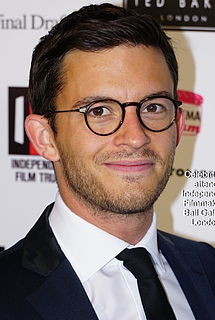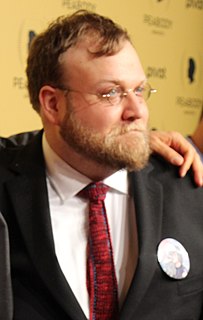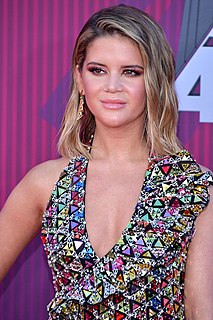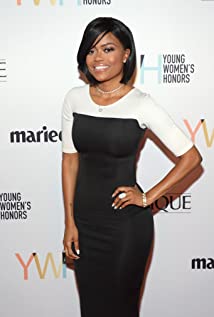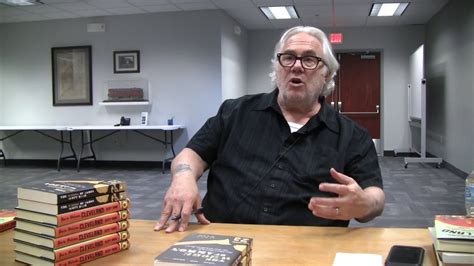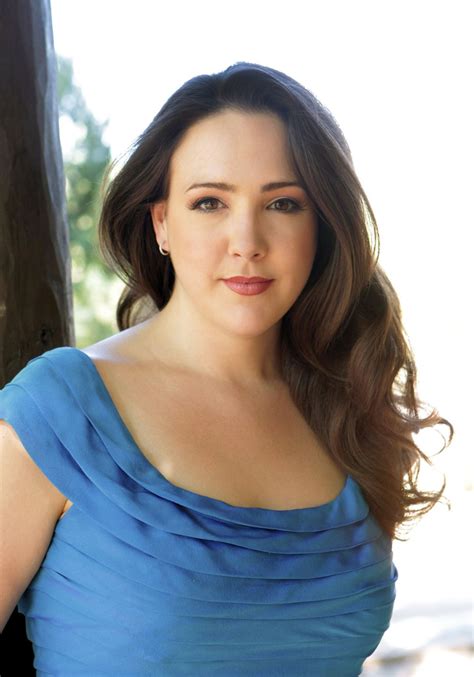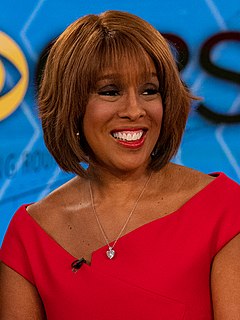A Quote by Jonathan Bailey
I think the idea of signing on to a sort of very commercial show and a show that is as expansive as this, that potentially could run and run, was something that I'd been wary of before, but reading Bridgerton,' it was a no brainer.
Related Quotes
I wanted to show that women could run, but I also wanted to kind of inspire the idea that ordinary people can run. I was like, boy, I feel so good when I run, if everybody could feel like this, this sense of joy and physical well-being and strength and autonomy you have when you run, how much better the world would be, you know?
Think about Kennedy. Think about Carter. Think about Clinton. Think about Obama. They've all been in their forties and from outside Washington, or underdogs in one way or another. I just think that Americans are looking everywhere, saying, 'Hey, show me some authenticity. Show me somebody who's practical. Show me people who run things.'
I remember when I had my show [The Chris Rock Show on HBO], I used to run my show. It was so hard to get people to bring sketches to me. No one had ever worked for a black person before. Even the black people hadn't worked for a black person. It literally took a month or two for everybody to know: I'm really running the show.
My first professional audition - god, I've never told anybody about this - was for a test commercial, I think it was for Xbox. It involved me getting kidnapped by a granny who wanted to play the Xbox. It was very weird and I definitely had no idea what I was doing. I actually got the gig. It wasn't a commercial; it was what directors did when they wanted to show the company what they would do with a commercial.
I think it's really hard to say now what makes a show kind of sink or swim, and what creates longevity. For instance, I think that Survivor is a very well produced show. It's very simple, it's very elemental, and I think it gets into big issues. I think American Idol has been an amazing show for many, many seasons.
I have a very close friend who is a brilliant clown, and I always wanted to do a show with him. So I did one year at La MaMa Theatre. I had not done stilts before that show, and I had about two weeks to learn how to do that, and they were just made with off-off Broadway money. The ones that I had in Rogue One were made by [Industrial Light & Magic]. So they were really easy. They were made with actual prosthetic feet on the bottom. They were athletic, in a way. I could run in them. There was a bounce to them that I could use.
